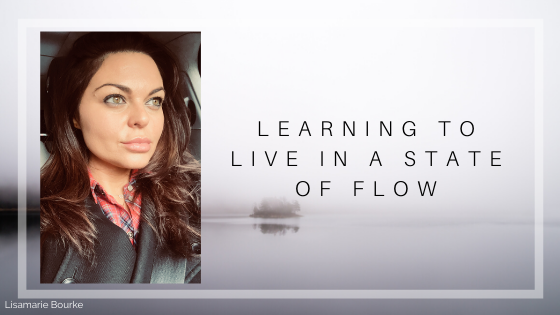Psychologically speaking, being in a state of flow is when you are completely and entirely absorbed within an activity or experience, like reading a book or meditating. Entering this state of flow only happens under specific conditions and circumstances. When you find yourself in a challenging situation that tests your natural skills, but these skills are capable of meeting the challenge. Ultimately, the challenge and our skills to complete the challenge are at the highest levels.
This is a delicate balance, as the presence of one factor over the other will disrupt the state of flow. When the challenge exceeds the skills or capabilities, it can become unrealistic or discouraging to seek. On the other hand, when the challenge is hardly that, and the skills have exceeded it, we can become bored and uninterested in reaching the state of flow. There needs to be a perfect balance to stretch us to our limits just enough to enter the state.
Often times, the state of flow, also known as the optimal experience, is also a state of enjoyment. Some common activities that are conducive to flow are sports, creative arts, reading, meditating, exercising, and socializing. The enjoyment of flow comes from initial work and effort that is usually challenging, eventually leading to the utilization of our natural skills.
However, enjoyment in flow can be confused with pleasures. Pleasures like resting, watching tv, or remaining idle are often effortless, requiring little to no work. Without work and effort through skills and capabilities, one cannot enter into the state of flow. While the lack of effort is appealing to most and creates a sense of relaxation, it will not help us to enter the state of flow.
The optimal experience is beautiful in that it varies between countries and cultures. It is diverse in its meaning. In more traditional cultures, one can exercise a state of flow by completing household work and chores. In other regions of the world, raising children can conduce this state. Flow can lead to the autotelic personality – a term developed by psychologist Mihaly Csikszentmihalyi. The autotelic personality is when a person enters a state of flow frequently, but doing activities and challenges for themselves, rather than for the purpose of reaching a later goal.
Several important characteristics of flow are complete concentration, clear goals, feedback of progress, self-awareness, and transformation of time. Overall, flow is an experience that can be encountered universally by individuals in all walks of life.


